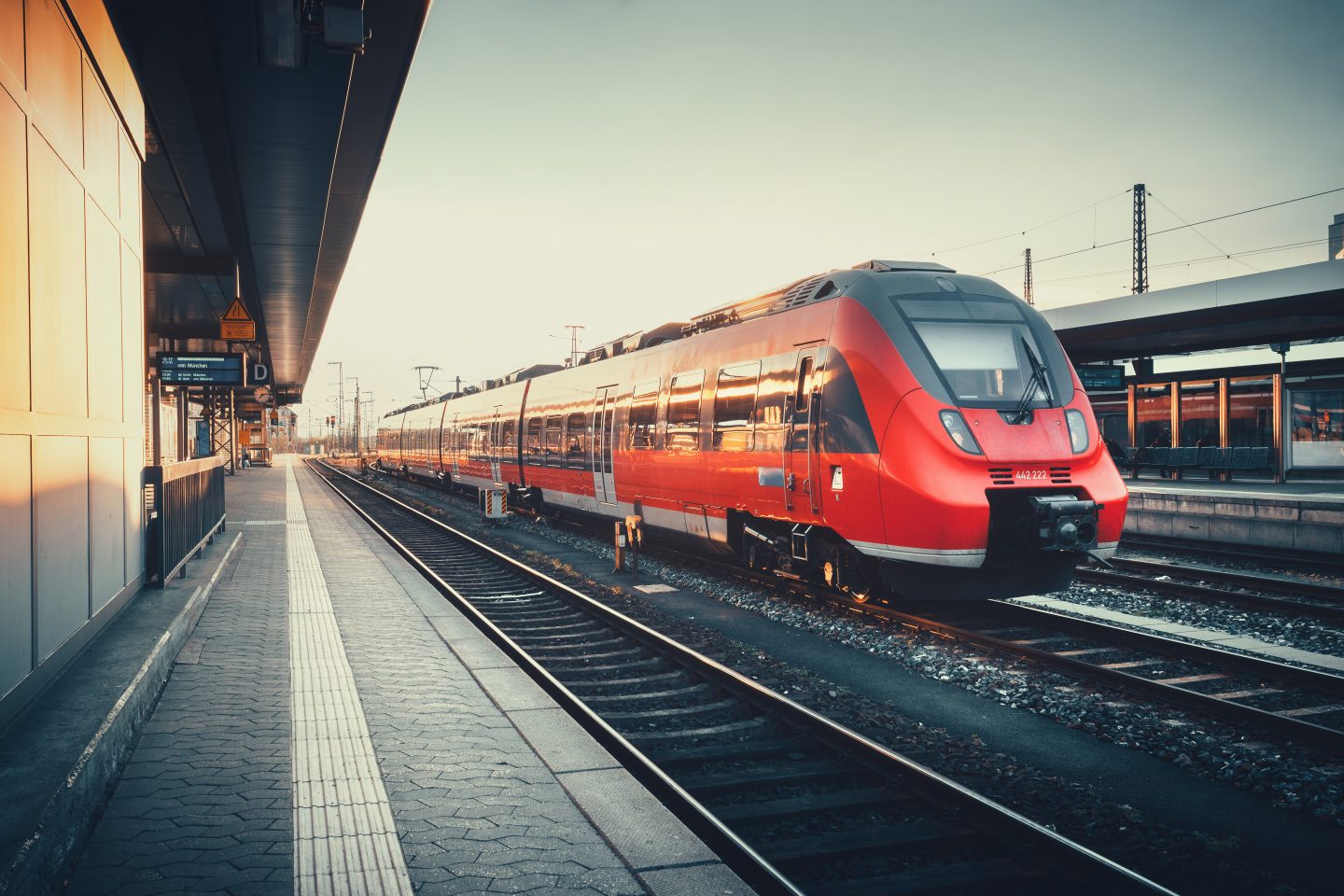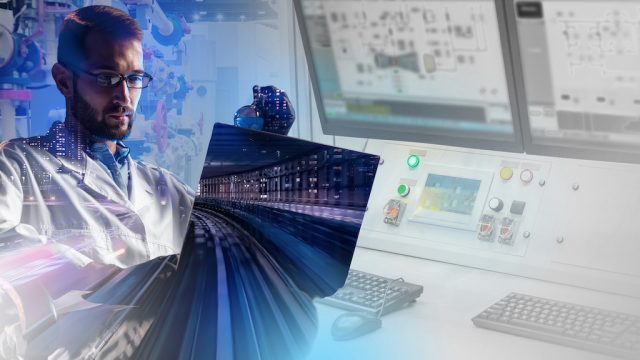The rail sector reconciles legacy with progress. Although ensuring mobility for more than 180 years, this sector is instrumental – after technological upgrades – in tackling modern day tasks such as mass mobility and ecological sustainability.
On this path, railway operators need to master traditional challenges such as operational safety and punctuality, but also the enormous changes induced by current megatrend ‘digitalization’. Mobile solutions become a part of daily business , as do Artificial Intelligence (AI) methods – for instance in planning schedules or predcting disruptions. Besides operational efficiency and stability, customer experience is a primary beneficiary of innovative approaches, since rail operators are able to ensure seamless data flows and personalized services beyond the core offering “rail travel”. This is particularly true for passenger business, but also for rail cargo, which is likewise being fostered by governments due to its ecological edge over road transport.
Rail transport breaks down on top level into passenger and cargo business, but also into business segments defined by regulation. While long-distance rail traffic often can be operated profitably, regional commuter traffic is in most countries being subsidized, thus subject to a specific regulatory regime, in order to ensure an attractive basic mobility offering to citizens despite the relatively high infrastructure and operating cost. M2P owns long-standing expertise in all relevant rail segments, with a profound understanding of the regulatory framework.
Furthermore, M2P does not only offer industry and process know-how, but also comprehensive expertise across all relevant technology stacks – be it traffic and crew planning, disruption management, security, or digital customer services. In addition, M2P has managed numerous infrastructure projects, as well as assignments with suppliers and service providers in this industry sector.


